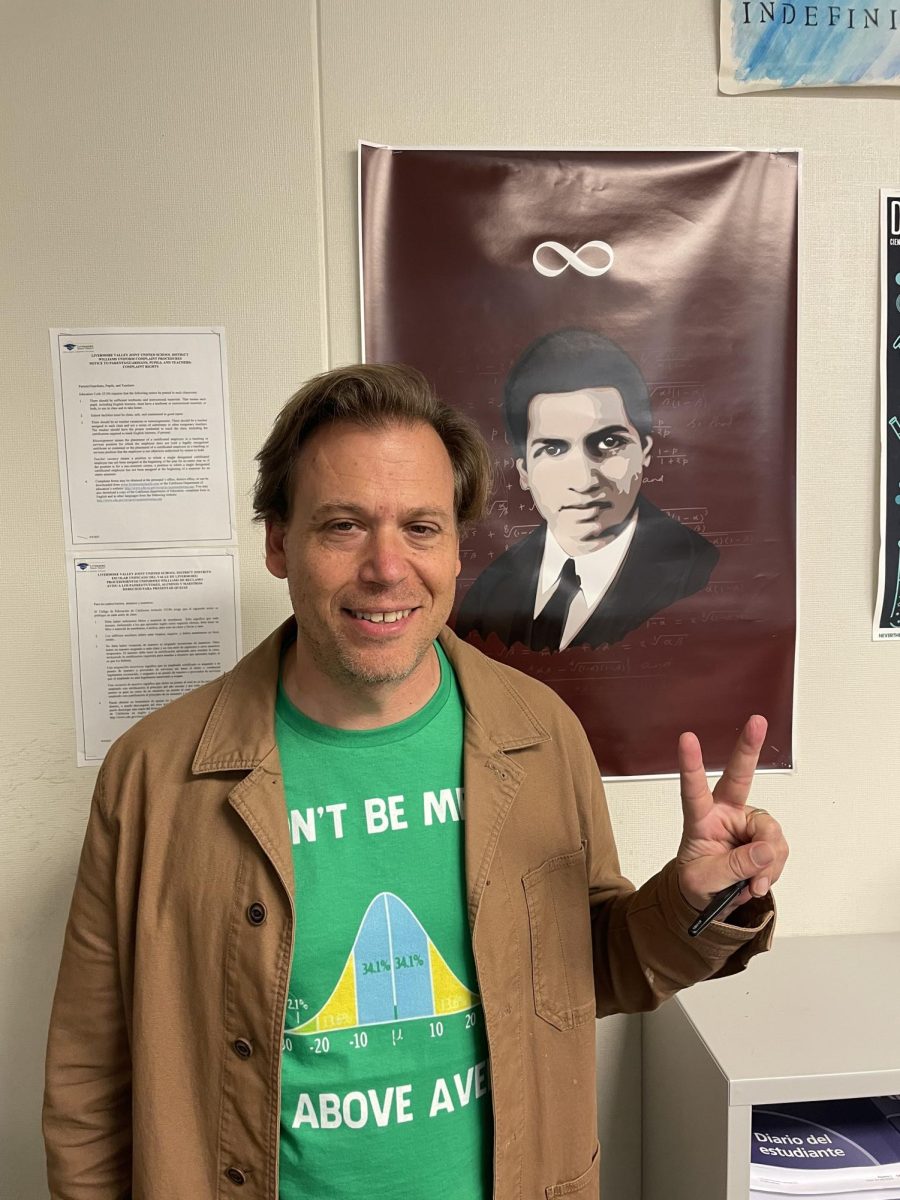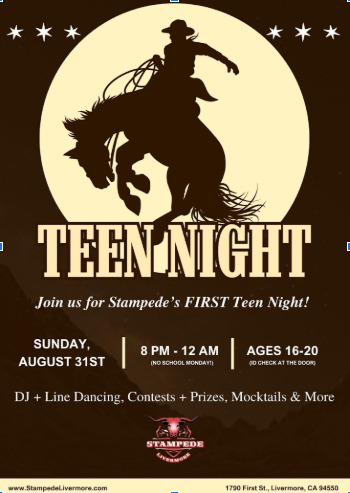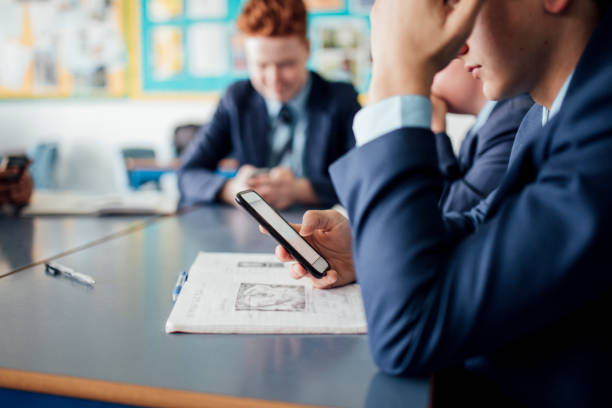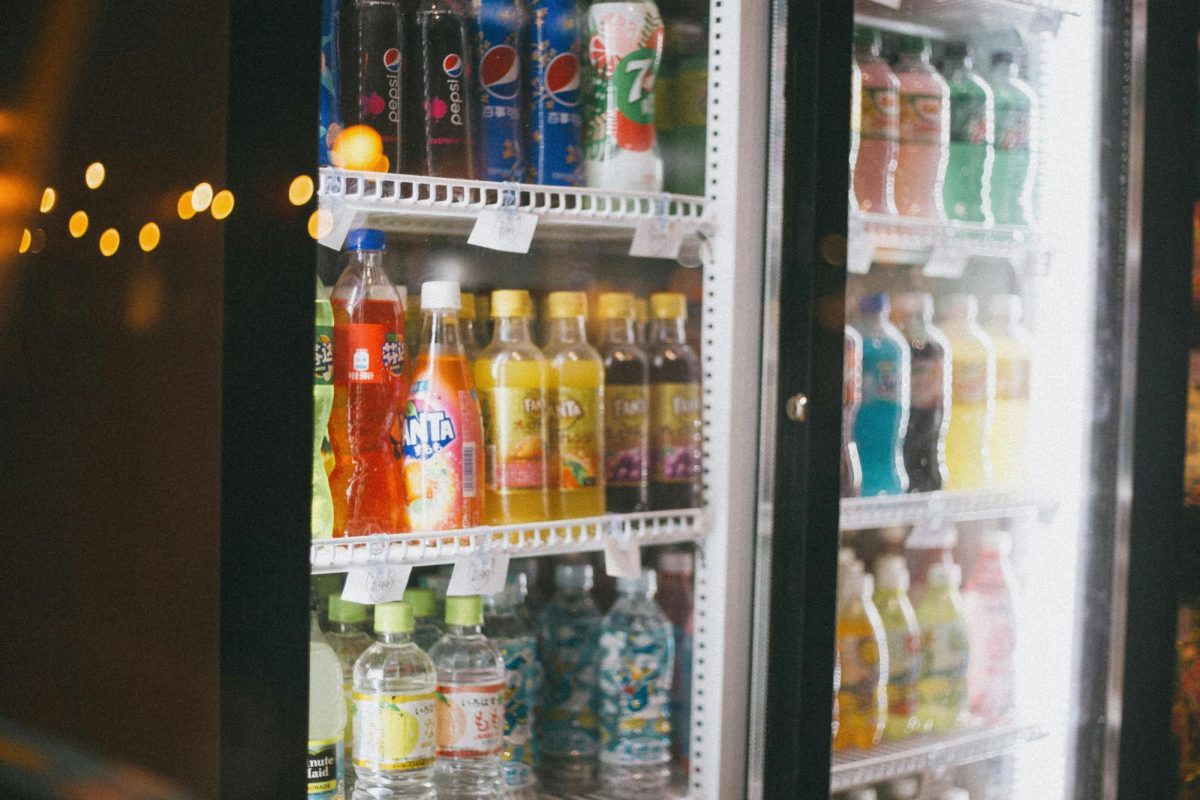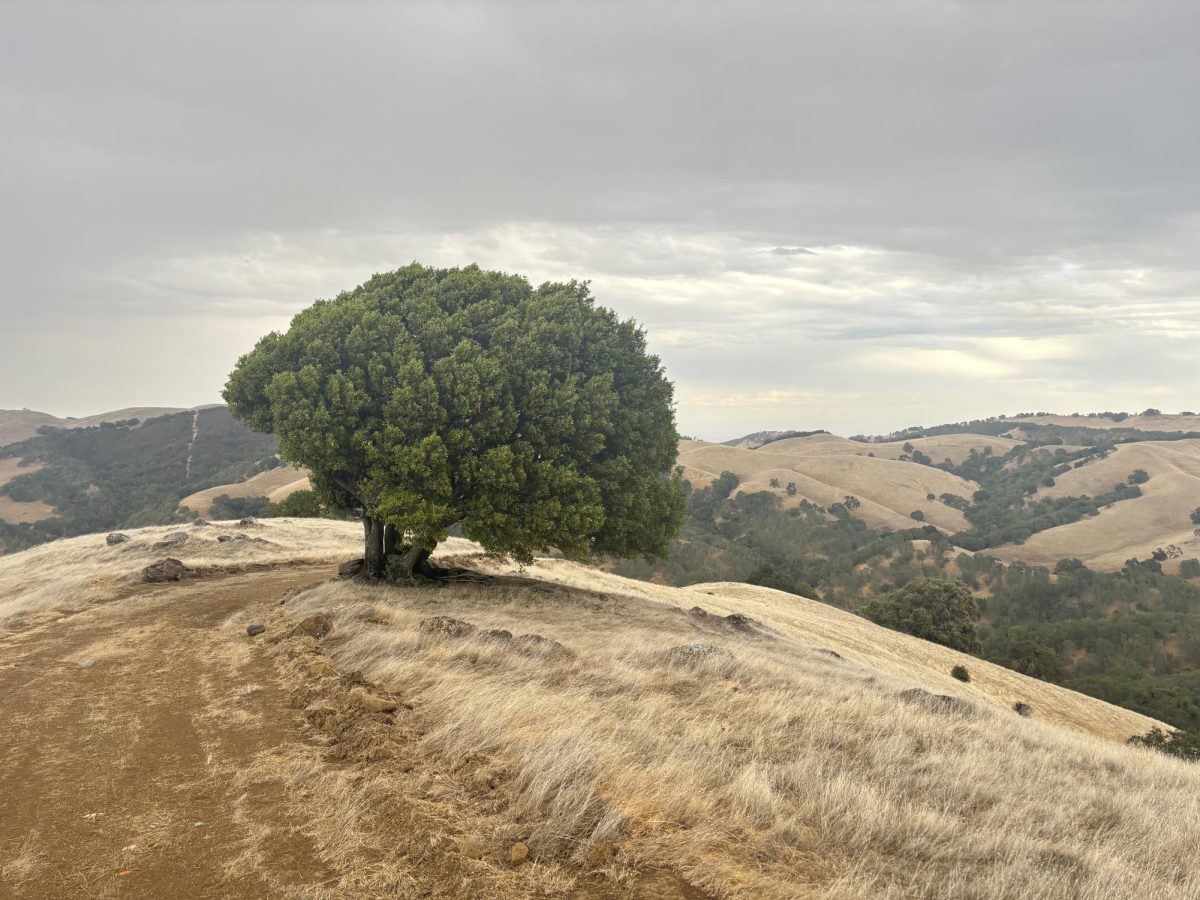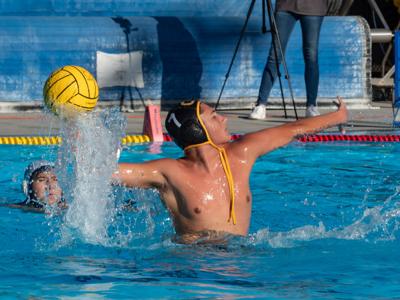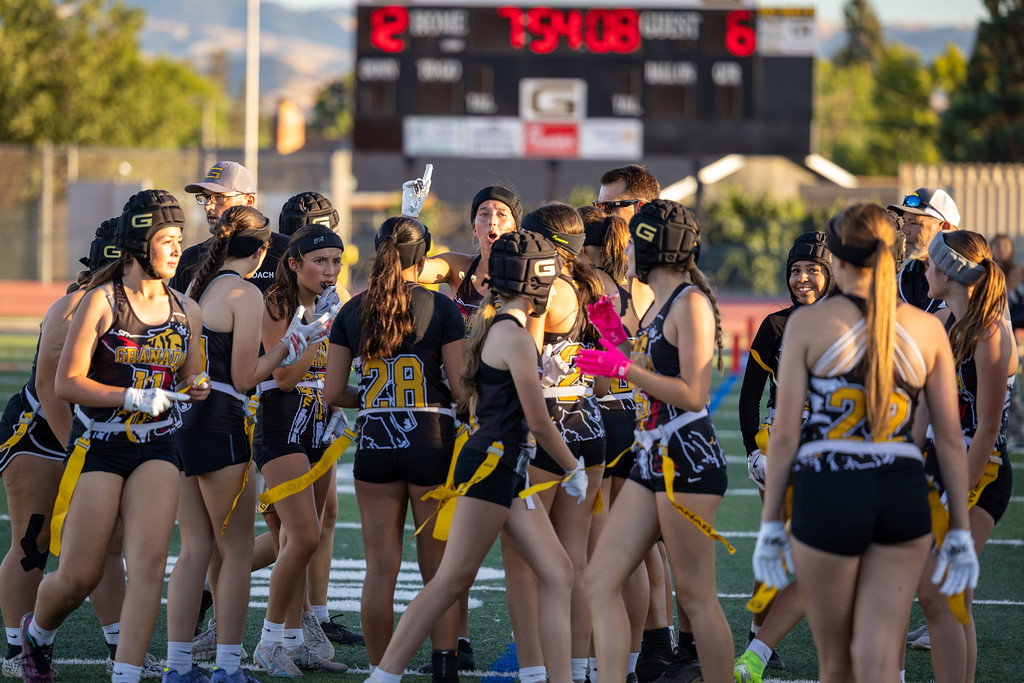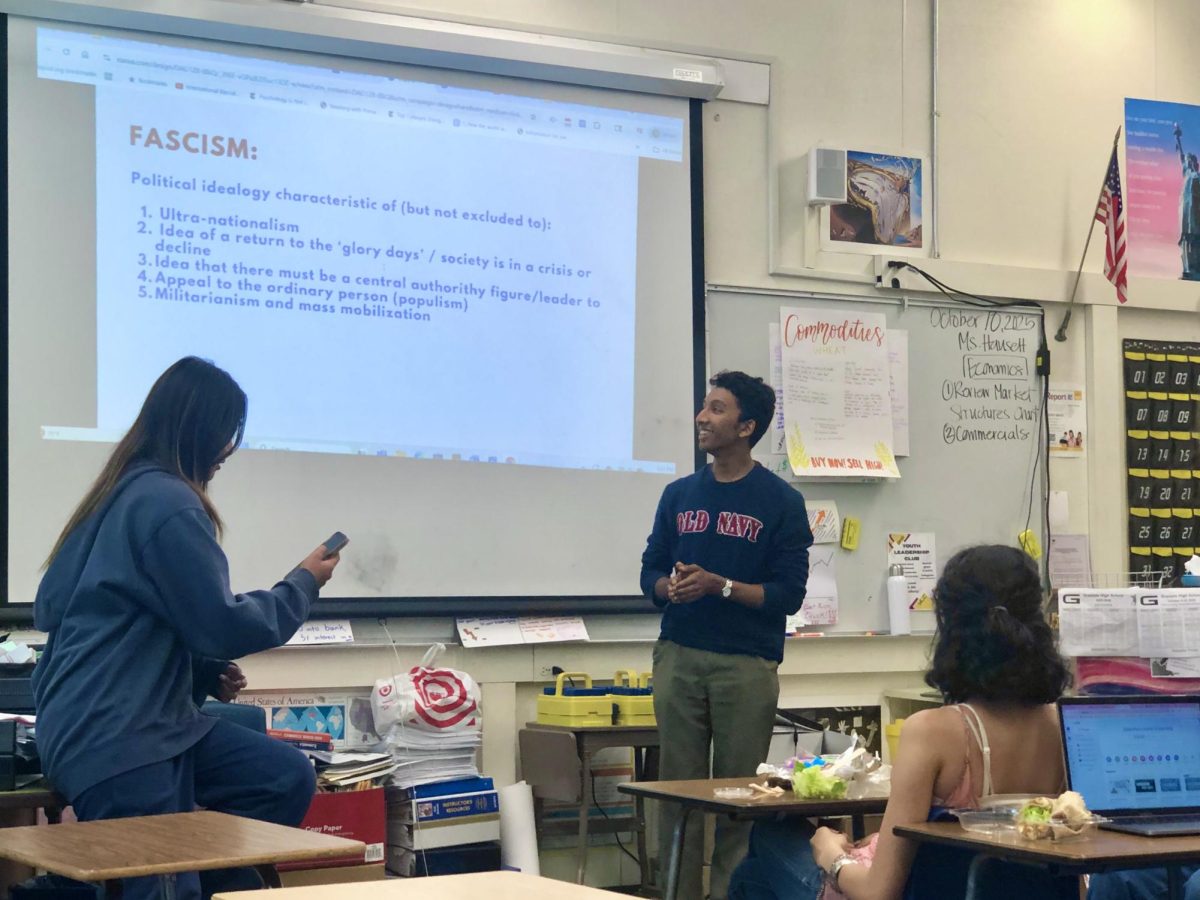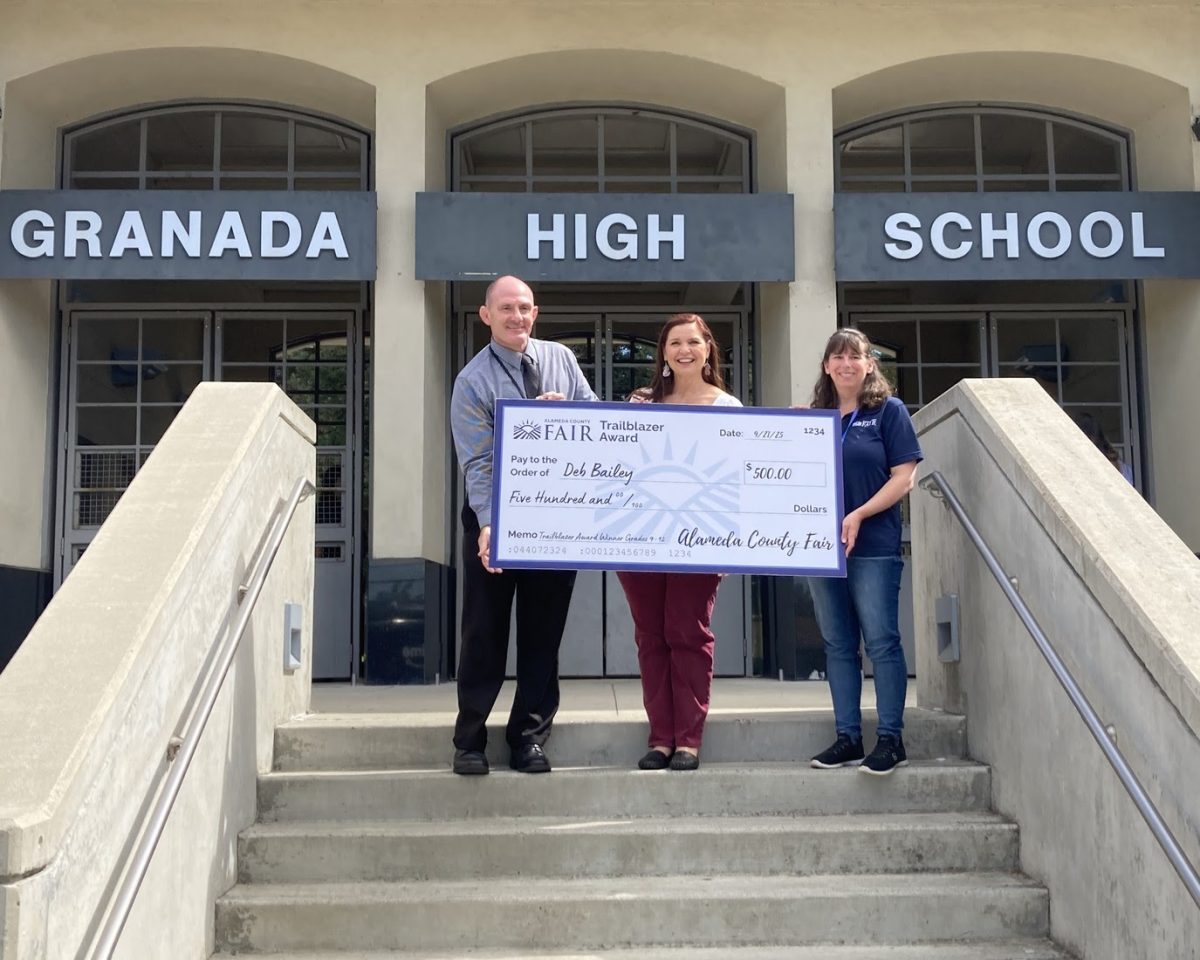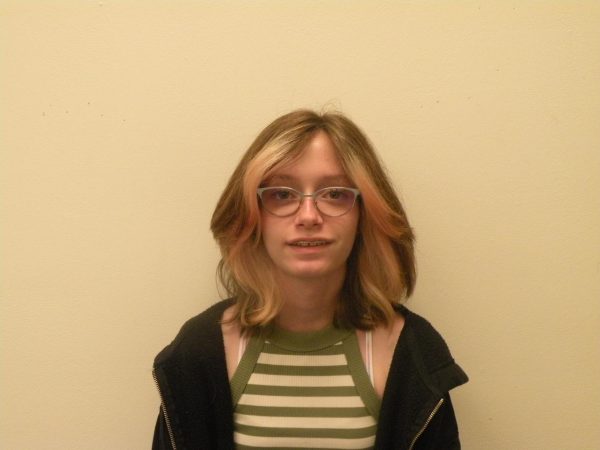Is Caffeine Good Or Bad For Students:
Why do students drink so much coffee/caffeine? Well, the question is simple. Teens like to drink caffeine before sports or long night study sessions. Caffeine wakes you up and gives you energy. But drinking too much caffeine can be bad for your health. Consuming caffeine is fine if you watch how much you drink. While caffeine stimulates you and gives you bursts of energy it can also cause insomnia, restlessness, and nervousness. Coffee while it energizes you is not suitable for you at all. So, you should reduce how much caffeine you drink.
Caffeine Statistics in High School Students:
A lot of students drink caffeine or coffee. So here are some statistics about how much caffeine teens and high school students drink. 83.2% of teens drink caffeine regularly. 11.4% said that they drink caffeine daily. 33% say that they drink coffee as their source of caffeine. 8% of students drink energy drinks for their caffeine. 16% say that they consume less than one cup of caffeinated beverages. 78% say that they don’t drink energy drinks. Statistics show that most high school students/teens drink or consume caffeinated beverages.
What Caffeinated Drinks Students Drink: How Much They Drink In A Day
High school students consume caffeine in many different drinks. Drinks like soda, coffee, some teas, and energy drinks. High school students consume about fifty milligrams of coffee or other caffeinated drinks a day. Some students also drink about 400-500 milligrams of coffee a day. Students drink/consume caffeine way over the amount that they should. High school students should drink up to only 100 milligrams of caffeine a day or less.
Ways Students Can Reduce Their Caffeine Intake:
A lot of students drink caffeinated drinks as a way to “wake them up” or give them energy. Some students may also have a caffeine addiction to drinks such as coffee or energy drinks. Caffeine can be very bad for you if you have too much of it. Reducing your caffeine intake is the best way to become healthier. Cut back on your caffeine intake gradually. Drink one can of soda or energy drinks or drink a smaller amount of coffee and tea. You can also avoid drinking caffeine beverages later in the day as they can affect your sleep. Drinking less caffeine will help your body get used to having less caffeine.
Why Do High School Students Have Such A Caffeine Addiction: Student Interviews
Here are some student interviews from students around campus about their caffeine addiction and what they drink for their caffeine intake:
“I don’t drink coffee but I do drink tea, which does have caffeine in it so yeah I guess. I don’t drink energy drinks that often because I’m not allowed to but if I get the chance to definitely. I have less than a full cup of caffeine a day,” said Minchae Ki.
“I don’t mind coffee but I don’t drink it regularly,” said Bryce Dimas.
Emma McCord said, “I usually drink energy drinks.”
Conclusion:
In conclusion, most high school students drink caffeinated drinks. Whether it’s coffee, tea, soda, or any form of energy drink. Drinking caffeine is bad for you if you drink too much of it. High school students usually drink up to 50 milligrams of coffee a day and 400-500 milligrams of other caffeinated drinks. So why do students have such a caffeine addiction? To answer that most students use caffeine to wake them up, to give them energy, and they drink caffeine after an extracurricular activity. The statistics show that most students drink coffee, soda, and other caffeinated drinks such as tea. Not a lot of students drink energy drinks as much as other caffeinated drinks. So how do we reduce caffeine consumption? Well it’s simple, you reduce your caffeine intake gradually. Drinking one cup a day, one cup every few days, one cup only two days a week, one cup one day a week or less. Students can also avoid drinking caffeine in the evening and after sports or extracurricular activities. Drinking less caffeine will be better for your health and your sleep. So yes high school students may have a caffeine addiction while some other students may not. There are ways to reduce caffeine intake that will be better for students altogether.

